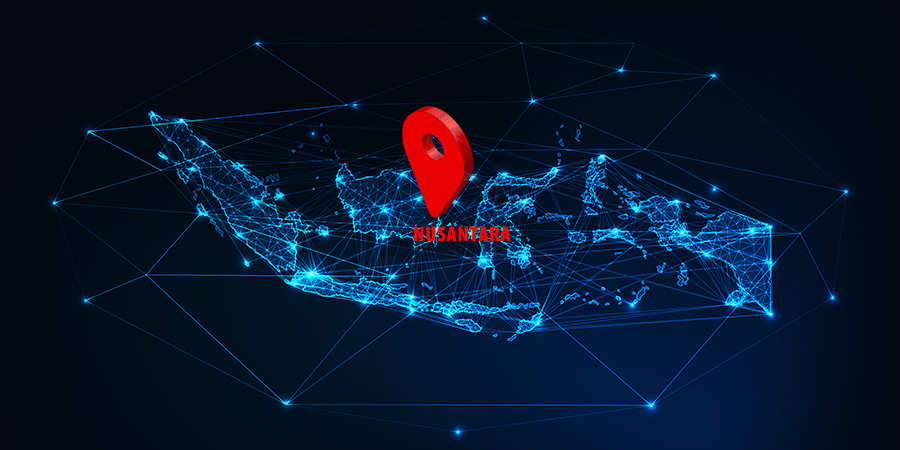SpaceX, a company that creates, builds, and launches advanced rockets and spacecraft, has requested permission from the Indonesian government to become an internet service provider (ISP) for its Starlink satellite unit. This information was shared by the country's communications ministry in a recent statement.
Starlink plans to test internet services in Indonesia's new capital city, Nusantara, which is set to open later this year. Ministry Official, Wayan Toni Supriyanto, mentioned to the local media that although Starlink has already set up a local base, they still need to meet certain regulatory requirements before applying for an ISP permit.
Currently, the company has applied for two licenses: one to use VSAT technology and another to operate as an ISP. According to local news source, Antara, Wayan mentioned that Starlink has already built a VSAT hub and station equipment and has obtained the necessary VSAT permit. However, the ISP application is still in progress. These applications show that Starlink is interested in expanding its services in the Southeast Asia region.
In July 2023, Malaysia approved Starlink to operate in the country, focusing on connecting remote locations like schools and universities. Furthermore, SpaceX launched its Starlink service in the Philippines in December 2022. Similar to Indonesia, the Philippines is made up of many islands, making satellite communications a valuable way to reach isolated areas.
Bridging the Digital Divide
Introducing Starlink in Nusantara, Indonesia's vast archipelago, holds immense promise for bridging the digital divide and fostering socio-economic development. Despite significant progress in internet infrastructure, with 4G network coverage estimated at 100% and internet penetration reaching 98% in 2024, many remote areas still lack reliable connectivity.
The average broadband connection speed, estimated at 15.86 kbit/s, underscores the need for faster and more robust internet access, especially in regions where traditional terrestrial networks struggle to reach. This disparity is evident in the forecasted 57.23 million households with internet access at home, highlighting the substantial portion of the population still underserved by existing networks.
Starlink's satellite-based service offers a transformative solution, particularly in regions with limited terrestrial infrastructure. With 3G network coverage estimated to reach 97.78% in 2024, there remains a significant opportunity to enhance connectivity beyond urban centers.
Additionally, given that the total consumer spending in ICT equipment is estimated to amount to USD 1.15 billion in 2024, the potential for growth in these sectors is immense with improved internet access.
Starlink's presence in Nusantara not only addresses the immediate need for reliable internet but also unlocks opportunities for businesses to participate in the global digital economy, thereby catalyzing economic growth and empowering communities across Indonesia's diverse landscapes.





